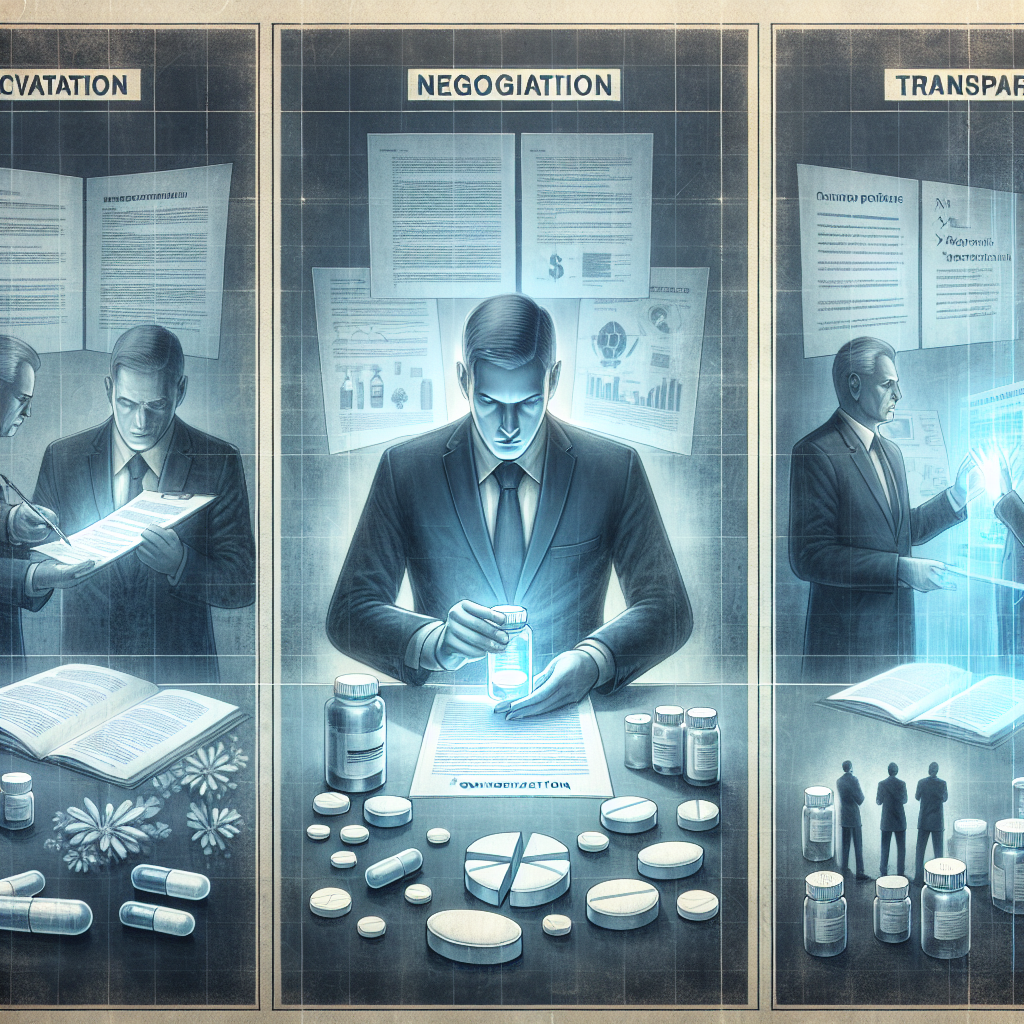As the United States approaches a pivotal election, the country stands on the brink of either electing its first female president or re-electing a controversial incumbent previously dismissed by established political norms. The election likely will witness a resurgence of focus on the pharmaceutical industry, particularly through the lens of incoming transition oversight by lawyer and Big Pharma skeptic Robert F. Kennedy, Jr. The socio-political landscape reveals an awakening among the public regarding longstanding issues of transparency, safety, and regulation in the pharmaceutical complex. Many Americans, regardless of their stance on vaccines, are increasingly aware that systemic changes are urgently needed in how drugs are developed, approved, and administered.
One major facet requiring immediate attention is the Public Readiness and Emergency Preparedness (PREP) Act enacted in 2005. Originally intended to ensure swift action during public health emergencies by providing immunity to drug manufacturers, the PREP Act has been criticized for shielding pharmaceutical companies from accountability for injuries linked to their products. This became particularly evident during the COVID-19 pandemic when the Health and Human Services (HHS) designated the COVID vaccines as “medical countermeasures,” further extending the protections already granted under this legislation. Such a lack of liability leaves those injured by vaccines with limited recourse; the existing Countermeasures Injury Compensation Program has dispensed a pitiful amount in compensation to victims, highlighting the insufficiency of the system in addressing vaccine-related injuries.
The next president also faces the critical task of addressing the National Childhood Vaccine Injury Act of 1986, which established a program that provides compensation for vaccine-related injuries but operates within a framework that favors pharmaceutical companies over victims. With thousands of claims having been filed since its inception and a significant percentage dismissed or deemed non-compensable, the law has become a barrier instead of a protective measure for those injured by vaccines. To restore public trust and ensure justice for affected individuals, a full repeal or comprehensive reform of this act will be necessary to create a more equitable system that genuinely supports victims.
Equally pressing is the need to confront the invasive “revolving door” culture between the pharmaceutical industry and government regulatory bodies. Historical patterns indicate that former officials from agencies like the FDA frequently transition into lucrative roles within private pharmaceutical firms, and vice versa. This cycle raises significant questions about the integrity and objectivity of regulatory bodies tasked with overseeing drug safety and efficacy. The apparent conflict of interest undermines public trust and calls for comprehensive measures to ensure that those in regulatory positions remain free from industry influence, thus enabling them to perform their duties without bias towards pharmaceutical profits.
The ongoing efforts to uncover hidden pharmaceutical industry practices have gained momentum through grassroots research initiatives like the WarRoom/DailyClout Pfizer Documents Analysis Project. Volunteers, including doctors and scientists, have sifted through thousands of pages of internal documents revealing substantial evidence of malfeasance and injury connected to the pharmaceutical giant Pfizer. This independent scrutiny underscores a critical gap in mainstream media and academic discourse, raising alarms about the broader implications of corporate funding in science and research. It illustrates the profound need for reform within not just the pharmaceutical sector but also the institutions that are meant to hold these entities accountable.
To implement meaningful reform, the next president must navigate the multifaceted landscape of pharmaceutical regulation, addressing legislative overreach, industry collusion, and the systemic failures that have long characterized this sector. It requires bold leadership committed to restoring integrity in both healthcare policies and the public perception of pharmaceutical conglomerates. With the right initiatives and public support, there exists a pathway to emerge from this period of disillusionment and recalibrate the relationship between government, healthcare, and the American people. The future of public health may depend on it.

